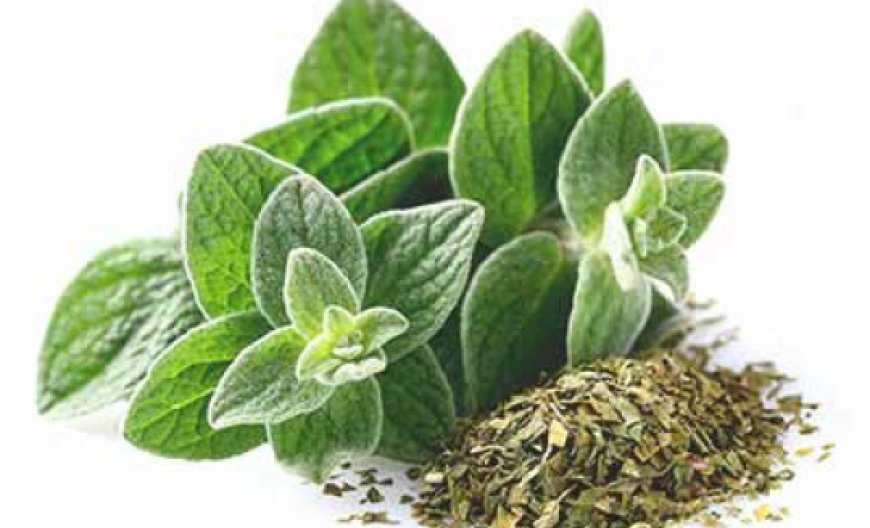Seven Tips On Best Natural Antibiotics

HONEY
Medical honey fights infection, helps form a protective barrier, and moistens wounds. There are many factors involved in the antibacterial properties of honey. In a medical setting, honey can be used to treat; Postsurgical wounds, Skin diseases, ulcers, burns, and necrosis, Eye diseases and Oral mucosa (mucous membranes in the mouth) problems.
GARLIC
People have been using garlic for bacterial infections for centuries. Studies show garlic and its derivatives effectively fight Salmonella, Eshcerichia coli (E. coli), and Staphylococcus aureus. (S. aureus), which causes many infections.
THYME
Thyme may offer protection against bacteria such as E. coli, Listeria monocytogenes, Pseudomonas putida, S. aureus, and methicillin-resistant S. aureus (MRSA).
GOLDENSEAL
The bioactive compounds in the herb goldenseal have antibacterial properties. Some people use goldenseal to treat digestive disorders and skin diseases.
OREGANO
Research suggests that oregano oil has an antibiotic effect, likely due to a compound called carvacrol. One study indicates that oregano oil may be effective against Streptococcus mutans, a type of bacteria that leads to dental cavities.
CLOVES
In clove essential oil, a compound called eugenol acts as an antibacterial. Research shows that eugenol is effective against S. aureus and E. coli.
GINGER
In addition to other health benefits, several compounds in ginger provide a broad antimicrobial spectrum that protects against various microorganisms.
Written by Ann Pietrangelo
Culled from:www.verywellhealth.com
Add Article - Admin Varient - News Magazine (nairaandkobo.ng)









